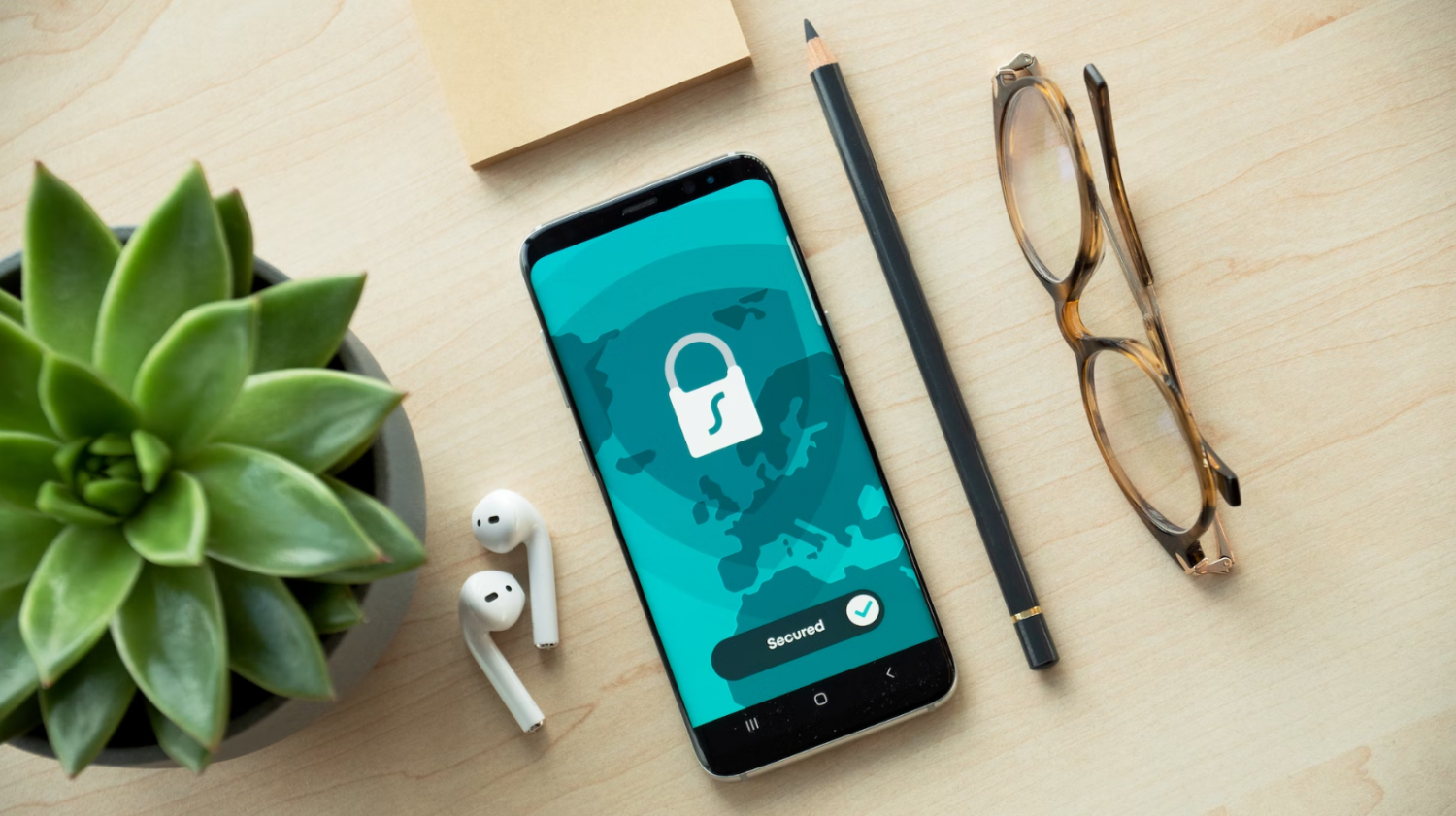Getting your home system's security up to scratch in 2022 isn't as challenging as you may imagine. In fact, following the string of high profile ransomware attacks, leaks and hacks that made headlines across the industry in the early 2010s, developers have sought to make cybersecurity accessible to the average user.
Here we're going to take a look at some fundamentals of reliable digital security. In implementing these checks and safeguards, you can rest assured that you are successfully insulating yourself, and your personal data, from the vast majority of trackers, malware and viruses that may attempt to access your system.
Use Security-Hardened Passwords
Even in 2022, the vast majority of people still use the ten most common passwords, such as 'password', '123456' and 'qwerty'. These passwords can be cracked by dedicated software almost instantly, making them a poor choice for safeguarding anything of value.
Increasingly, websites will not let you use such a weak password - often requesting the inclusion of symbols and mixed-case letters, yet to ensure you're using a strong password it's best to make use of a password generator.
These often ship alongside password vault software such as Lastpass or Nordpass, but can also be easily found online on dedicated websites.
SSL Certification
This simple tip amounts to merely practising awareness with respect to the websites you access. Few realise there is a straightforward way by which you can, just by looking at the web address of the website you're visiting, assess whether it's likely to pose a security risk.
This is because of something called the SSL certificate, which is a form of encryption used by trusted platforms. By learning to check whether a site is using SSL, you can access services across a wide range of sectors safe in the knowledge that they have been verified to be trustworthy.
For example, Thai gaming fans seeking out a platform that offers online poker, known as โป๊กเกอร์ออนไลน์, can rest assured that the likes of Asiabet, which collates leading providers of this popular card game in one directory as well as passing on promotions and welcome bonuses to its users in the process, has been officially verified as a legitimate business.
This is because its URL begins with "https://" - which signifies that it has qualified for SSL certification. In contrast, a website that begins "http://" - that is, minus the 's', must be treated with caution.
In order to acquire this certificate, a website must be verified by a trusted third party, making it very difficult for suspicious actors to obtain it. Sites with this certificate, which stands for Secure Socket Layer, encrypt web traffic flowing from your computer to the website and back again, making the chance of interception by trackers and spyware virtually impossible.

Fundamentals of Cybersecurity
Install a VPN
When you access the internet, you do so through your IP address. This can be compared to your phone number, and similarly can be used to arrive at information about yourself that you may want to obscure from the general public - such as your name, or physical address.
You've undoubtedly seen the type of pop-ups cluttering websites that allude to special offers available in your area - often naming your nearby town explicitly. These work from looking up your IP address, and customising the advert to your location.
While this is intrinsically invasive, it falls on the more harmless end of the spectrum of what can be done with this information. On the other end of this scale, hackers can, under certain ideal conditions, use your IP address to access your home network and files.
In a broader sense, telegraphing your location online can result in your receiving selective information from certain websites. If you live in a country or region with restrictions to freedom of press and web access, displaying your IP can even prevent you from accessing crucial information.
The best way to circumvent these issues is to use a VPN - which stands for virtual private network. This is a type of software that reroutes your IP address through an intermediary computer of your choosing located anywhere in the world.
Not only does this enable you to browse online with anonymity, but serves as a key step in accessing region-locked content online by moving the location of your VPN to the chosen country in question.






